detail profile olga capri
Peran Yang Di Mainkan Olga Capri
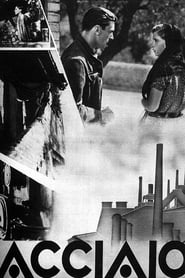 In the huge steel factories in...
In the huge steel factories in...Steel 1933
In the huge steel factories in Terni (Umbria, Italy), two friends: Mario and Pietro, fight for the love of the same girl, Gina. Pietro dies because of a work accident at the factory. The other workers think Mario is responsible for the death of his friend. Mario, who is innocent, is forced to quit, but his love for Gina and his dedication to his job help him out of his crisis.
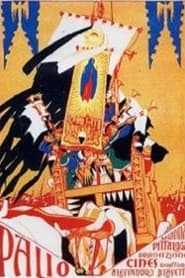 It seems that Zarre Guido Celano...
It seems that Zarre Guido Celano...Palio 1932
It seems that Zarre (Guido Celano), the man chosen to be the jockey for the Lupa contrada, and fiance' to Fiora (Leda Gloria), becomes enamored of a cafe' chanteuse. Bachicche, the jockey of a rival neighborhood, wants to get even with Zarre for a past offense and enlists the help of the chanteuse, Liliana (Laura Nucci).
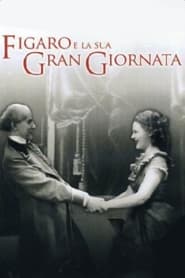 In this delightful mixture of romance...
In this delightful mixture of romance...Figaro and His Great Day 1931
In this delightful mixture of romance, comedy and music, the director turns back the wheel of time about sixty years and shows the audience an Italy of primitive railroads, high bicycles and the famous "dolce far niente." Taking the visit of a traveling opera company to a small town, where it is scheduled to present "Il Barbiere di Siviglia" and where one of the most important citizens is a retired opera singer, the scenario writer weaves a web of merry complications well calculated to keep the spectators in a happy mood.
 A young woman takes care of...
A young woman takes care of...The Song of Love 1930
A young woman takes care of the just-born child of her late mother. Sacrificing her engagement and studies along the way.
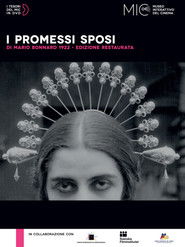 Based on the famous historical novel...
Based on the famous historical novel...The Betrothed 1922
Based on the famous historical novel by Alessandro Manzoni, and set between 1628 and 1630 in Lombardy, Northern Italy, during the Spanish domination, the film displays the marriage between two young textile workers, Renzo and Lucia. The 1922 version is one of the most ambitious and spectacular films in all Italian silent cinema, with remarkable mass scenes and some images that sparked controversy.
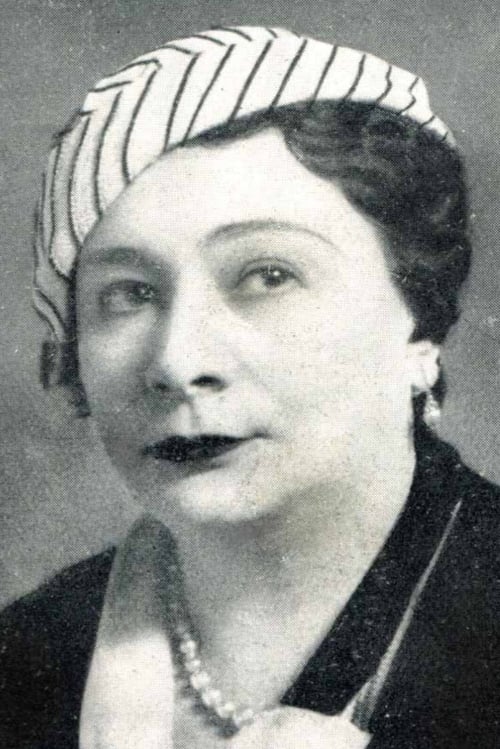
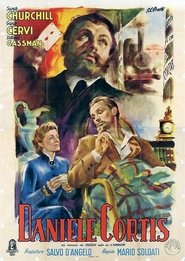 The film follows the struggles of...
The film follows the struggles of...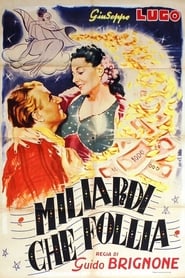 After his plane makes an emergency...
After his plane makes an emergency...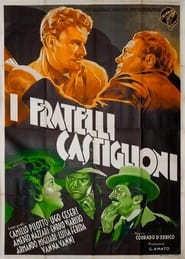
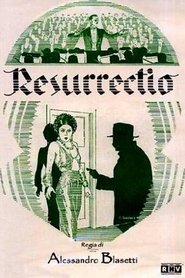 A famous composer distraught after his...
A famous composer distraught after his...